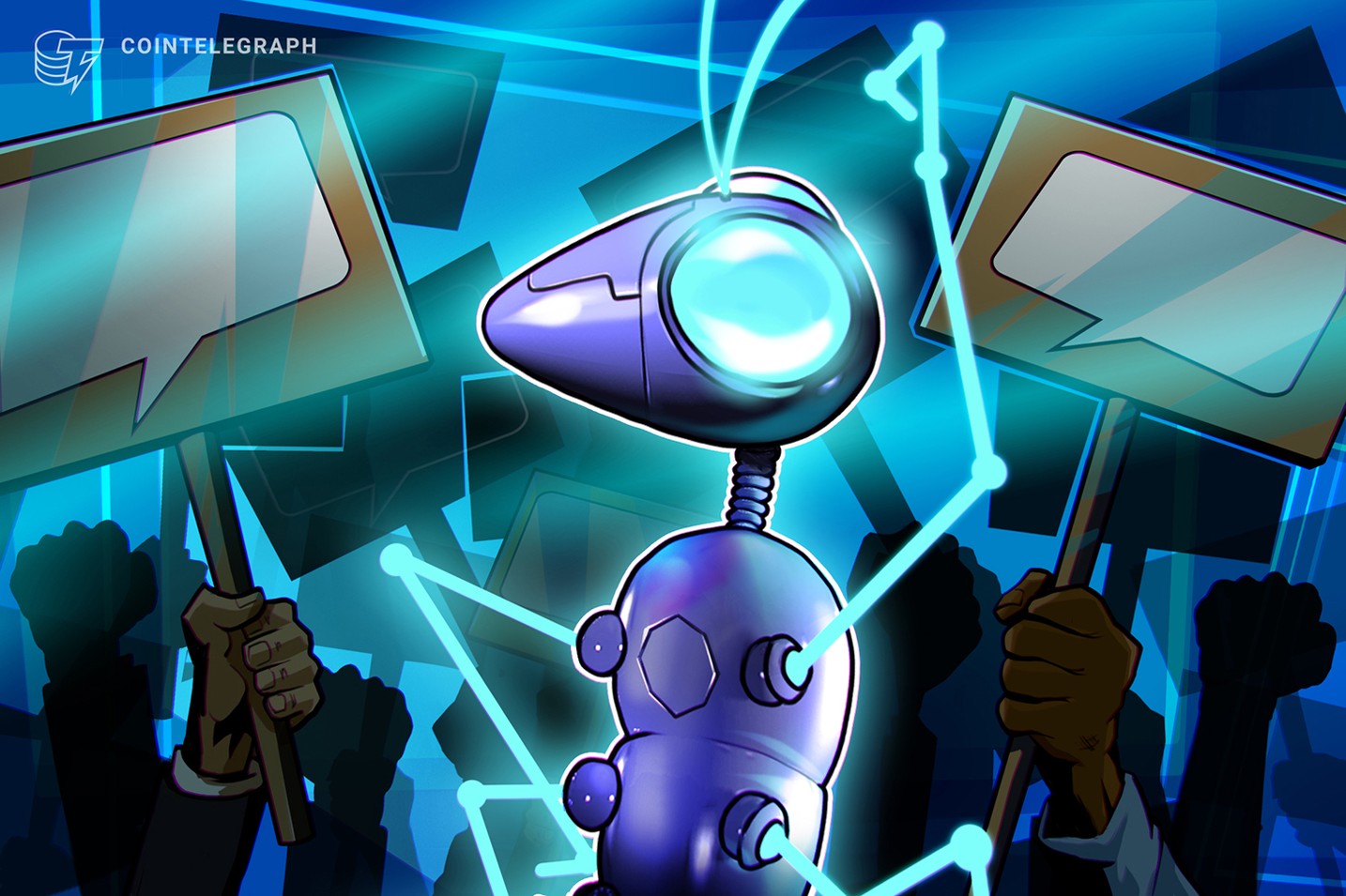The Russian government has cracked down on foreign social media platforms such as Instagram, Facebook and Twitter, banning them for extremist activists. For protestors, activists and local civilians, these actions have resulted in a significant barrier to communication with the outside world. Furthermore, they have also raised the question of just how easy of a target these apps are for state authorities. With citizens unable to access these platforms, they have little choice but to flee to the next-best still active platforms.
However, it isn't just Russian activists who have taken to alternatives. Consider, for example, Telegram, a cloud-based instant messaging service that has quickly become a place for sharing war footage and other content that may have otherwise been blocked on platforms like Instagram or Twitter. Not to mention that even these platforms, which are available to citizens now, have no guarantee of being free from bans by authorities. In this event, users will have no choice but to turn to "homemade" alternatives developed locally.
The debate between freedom and control is not a new one, with current world conditions only being one example of when these dichotomies exist head to head. Previously, this debate was introduced with the internet's provision of digital freedom, being taken away with big tech using metadata for profit-making opportunities and concerns around governments using the same data to keep an eye on their citizens. The result is that privacy and freedom of speech will never be guaranteed under today’s Web 2 foundation.
The battle between freedom and control is still ongoing as the world sneaks out new methods to empower individual sovereignty. For this reason, movements will always have an easily targetable weakness, and protest activities will still face barriers as long as they rely on centralized social media platforms, which may be shut down at any point. Naturally, this calls to, for example, the situation that occurred when the Nigerian government banned Twitter to protect their people from anti-government political activity. Effectively, this action only stifled activities and restricted citizens' ability to communicate and organize freely.
Taking a community-driven approach
As a result, social movements are now straying away from having a single leader, taking power from one person and dispersing power among the people who make up the movement. Evidence of this decentralized approach is now seen in movements like the Extinction Rebellion and Occupy Wall Street.
This concept of giving power back to the people is far from new. With the introduction of the internet and mobile devices, power is put directly into the hands of the user. After all, anyone can record, create or disperse information to millions of people in seconds. Power is effectively disseminated to the world, enabling even the citizen with the smallest voice to make the biggest impact. Therefore, rather than being "leaderless," movements toward a decentralized structure are empowering new leaders in a way that enables anyone to rally people together and take action around the most pressing concerns in their community.
While the internet has proven to be the greatest information spreader, its technological design isn't perfect. Therefore, while technology will always be core to how activists operate and engage with the rest of the world, proper protocols and infrastructure are required to ensure efforts aren't being stifled.
Therefore, platforms for decentralized communication have proven to be the most suitable option for activists and protestors to come together without fear of system shutdowns. Unfortunately, to make these offerings available, private messengers require a powerful decentralized ecosystem as their foundation.
Making privacy possible
In the decentralization of communication, blockchain technology is looked to as playing a critical role as a starting point for messaging applications. These solutions effectively go above and beyond encryption to add another level of privacy. Set up correctly, this technology can become the shield for protecting the innocent and encourage efforts that support the greater good.
One example of that is Oxen, a platform designed to build a private future for the internet by providing tools and services that enable users to leverage blockchain networks to achieve privacy across all areas of their day-to-day lives.
To support this, Oxen released Session. Session is a messaging app tailored for activists, protestors and others in high-risk situations. Due to their decentralized nature, these platforms make it more difficult for malicious governments or authorities to block, censor or surveil the content being exchanged.
In response to these efforts, Kee Jefferys, the chief technology officer at Oxen, shares, "Session is purpose-built for activists. It's a great messenger option for protestors and activities because it is secure, private, anonymous and decentralized. When you use Session, you can be sure that you can speak freely."
With Session, activists will have the ability to complete their work peacefully and without interruption. Session has already hit the 1,000,000 download milestone on Google Play, with over 300,000 monthly active users.
Disclaimer. Cointelegraph does not endorse any content or product on this page. While we aim at providing you with all important information that we could obtain, readers should do their own research before taking any actions related to the company and carry full responsibility for their decisions, nor can this article be considered as investment advice.

